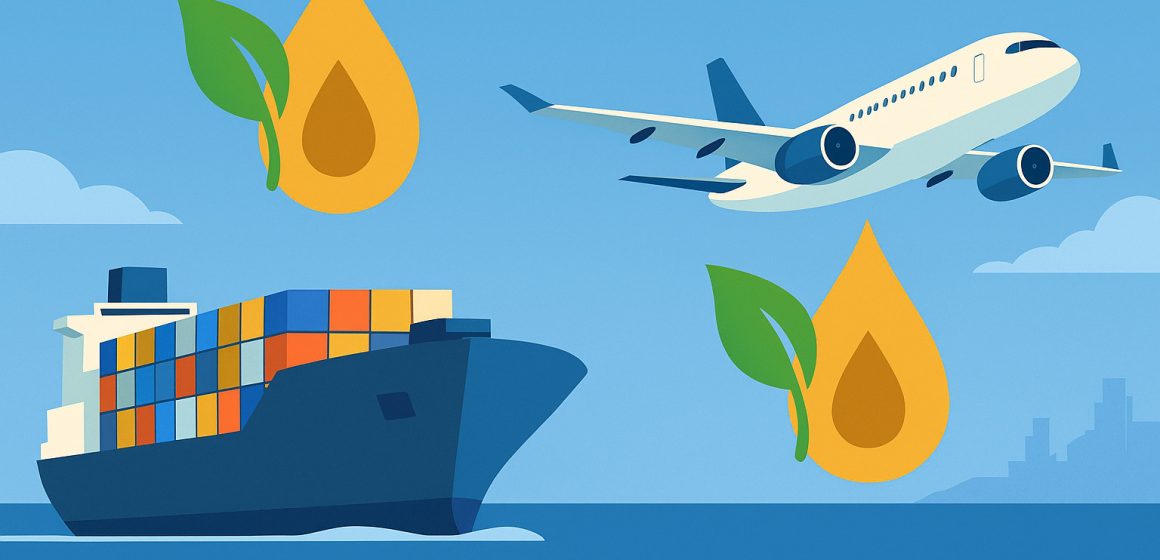The process is available as a prefabricated modular plant, helping reduce project risk and accelerate deployment, especially in remote or infrastructure-constrained locations.
Honeywell has introduced a new process technology that converts agricultural and forestry waste into ready-to-use renewable fuels for hard-to-abate sectors such as shipping and aviation. The innovation enables the production of lower-carbon marine fuel, gasoline, and sustainable aviation fuel (SAF) from abundant, low-cost biomass sources, including wood chips and crop residues, the company announced in a statement on Wednesday.
For ship operators, these ‘drop-in’ fuels provide a cost-effective, lower-emission alternative to traditional heavy fuel oil. With higher energy density than many current biofuel options, Honeywell’s renewable marine fuel can extend vessel range without requiring engine modifications.
“Honeywell’s Biocrude Upgrading technology tackles key challenges in renewable fuel production—cost and feedstock availability—by converting low-cost, locally available residues into lower-carbon fuels at reduced production costs,” said Ranjit Kulkarni, Vice President & General Manager, Energy and Sustainability Solutions, Honeywell India. “The innovation reinforces our commitment to advancing India’s energy transition through scalable, sustainable, and economically viable solutions that help industries meet the nation’s clean energy goals.”
The process allows plant and agricultural waste to be converted into biocrude at the feedstock collection site, reducing transportation costs. This biocrude can then be refined at existing facilities to produce marine fuel, gasoline, or SAF, addressing long-standing challenges in upgrading biocrudes to fuels with performance comparable to conventional options.
Modular Deployment Advantage
Honeywell’s Biocrude Upgrading technology is available as a prefabricated modular plant, enabling faster deployment and simplified site construction. This approach helps customers reduce project risk and accelerate timelines, particularly in remote or infrastructure-constrained locations.
The launch comes as global shipping companies face mounting pressure to decarbonise in response to regulatory mandates and customer expectations. Since the 1960s, heavy fuel oil—derived from the residual refining of gasoline, diesel, and kerosene—has been the maritime sector’s dominant energy source and a major contributor to its estimated 3 per cent share of global greenhouse gas emissions.
Honeywell has been active in the renewable fuels space for over a decade, offering technologies that process a wide range of feedstocks. The new Biocrude Upgrading solution complements its existing portfolio, which includes Ecofining, Ethanol to Jet, Fischer-Tropsch (FT) Unicracking, and UOP eFining—a process that converts green hydrogen and carbon dioxide into e-fuels.


